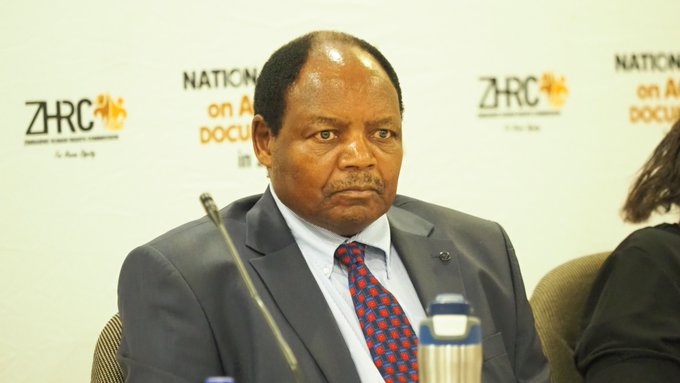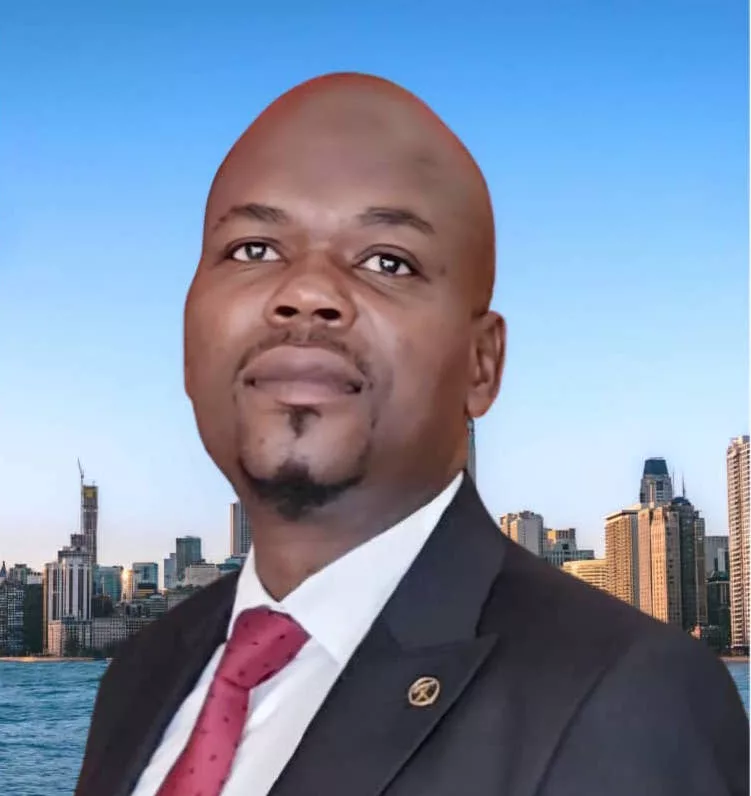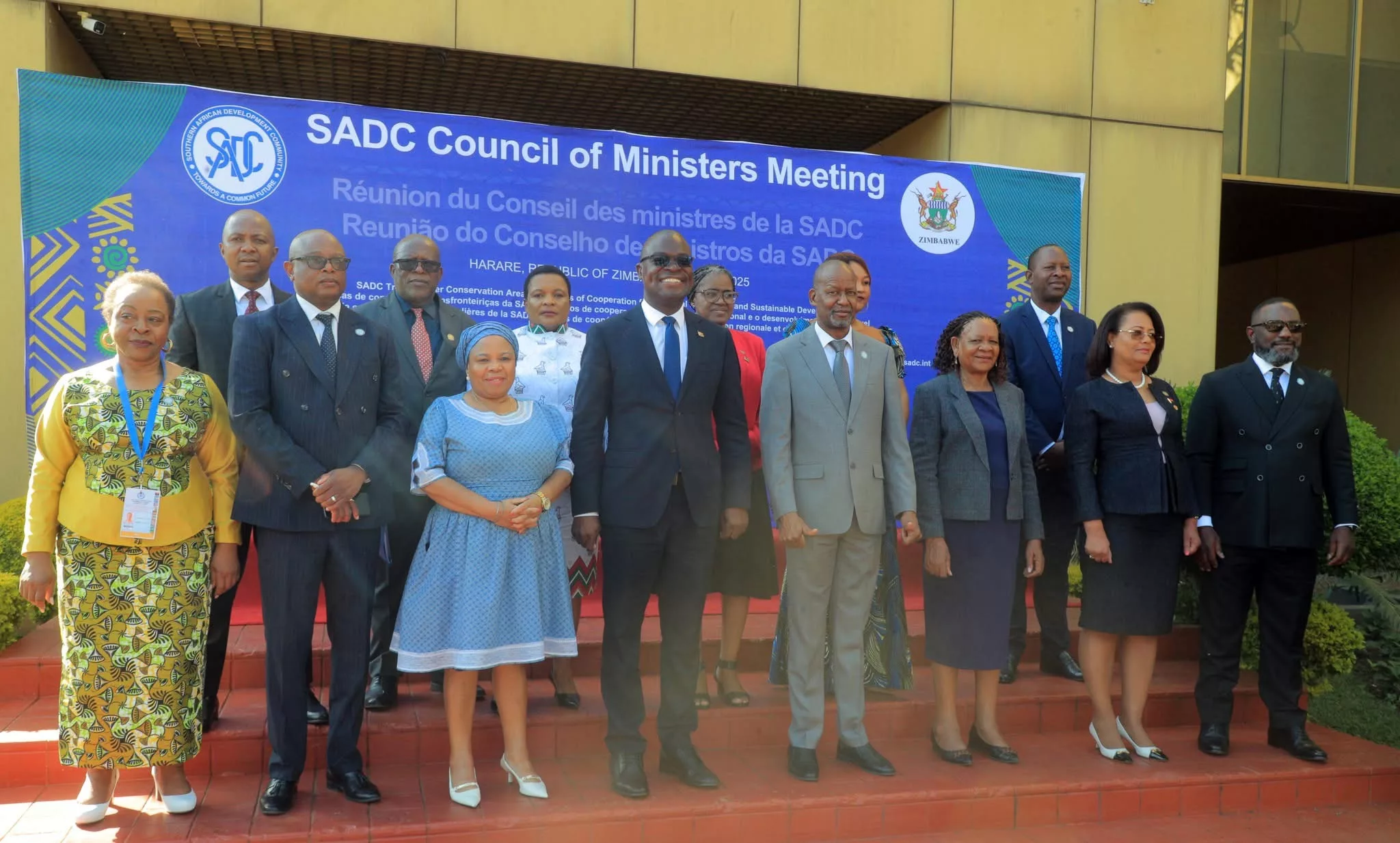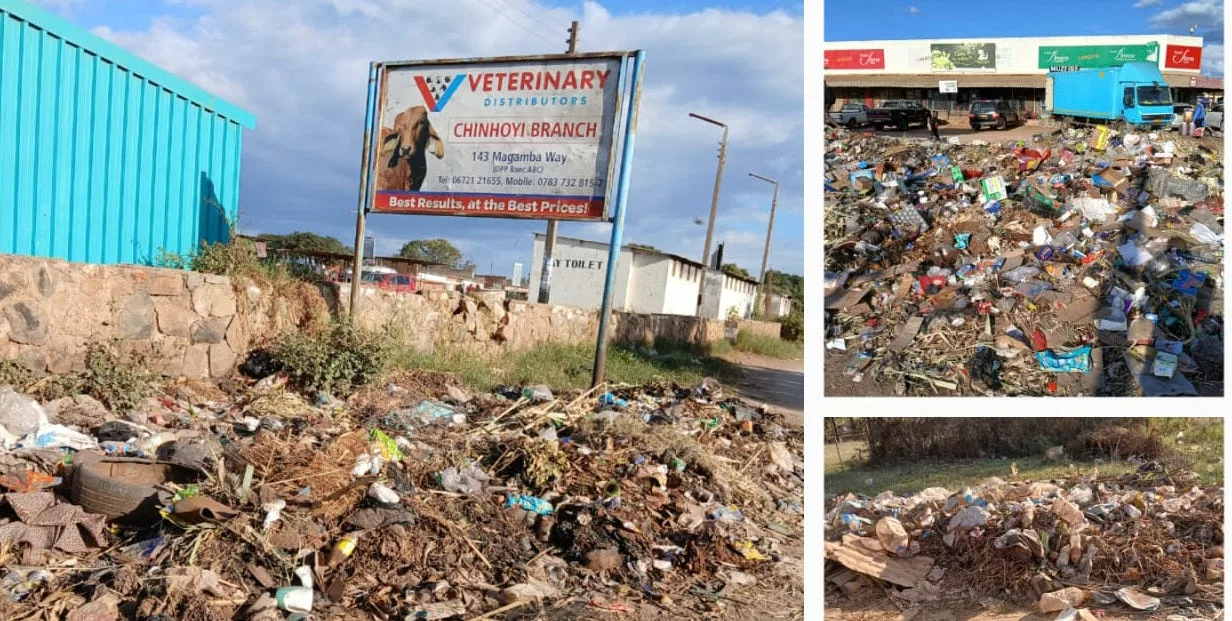|
Getting your Trinity Audio player ready...
|
The Zimbabwe Human Rights Commission (ZHRC) has launched the multi-media electoral rights awareness campaign for the 2023 harmonised elections which is running under the theme; “My Vote, My Right, My Country”.
Addressing journalists, Mr. Elasto Mugwadi, the ZHRC Chairperson said his organisation is the National Human Rights Institution (NHRI) for Zimbabwe with a dual Constitutional mandate of protecting, promoting, and enforcing fundamental human rights and freedoms as well as the Public Protector for the Country.
One of the functions of the ZHRC is to promote awareness of and respect for human rights at all levels of society as prescribed in Section 243 (1) (a) of the Constitution of Zimbabwe.
“In fulfillment of this constitutional mandate, the Commission has developed a multi-media campaign to raise awareness among citizens of their electoral rights enshrined in Section 67 of the Constitution of Zimbabwe. The awareness campaign is made up of wide-ranging Information, Education, and Communication (IEC) materials including print and audio-visual materials that are aimed at raising awareness of the various rights and freedoms relating to the entire electoral cycle.
“The awareness campaign as I have mentioned is running under the theme; “My Vote, My Right, My Country”. The theme underscores the Constitutional rights of citizens in actively exercising their right to vote and to participate in peaceful, free, fair, and credible electoral processes. It also emphasises the values of sovereignty, good governance, and patriotism that are essential in electoral processes. The IEC materials developed for the campaign include brochures, leaflets, posters, banners, radio and television jingles, and t/shirts, among other materials.,” he said.
The Commission has already commenced rolling out the electoral rights awareness campaign starting with a series of radio programmes to raise awareness of rights and freedoms relating to the entire electoral cycle to which citizens of Zimbabwe are entitled in terms of Section 67 of the Constitution. As part of the awareness campaign, the ZHRC is also utilising its social media platforms (such as Facebook, Twitter, and the Commission website) to promote the campaign. The electoral rights awareness campaign spans the three (3) phases of the electoral cycle which are the pre-electoral period, election/polling day, and the post-election period.
The Commission’s electoral rights awareness campaign has a constitutional foundation. Commissioner Mugwadi said it is critical to emphasize that Zimbabwe is a democratic state founded on values of respect for fundamental human rights, freedoms, and good governance.
He added that the principles of good governance provided for in Section 3 (2) of the Constitution of Zimbabwe Amendment (No 20) Act 2013 include a multi-party democracy with an electoral system that is based on universal adult suffrage and regular free and fair elections.
“As you may be aware ladies and gentlemen, our country is already in preelection mode, as we prepare to hold harmonized elections on 23 August 2023 in which Presidential, Senatorial, Parliamentary, and Local Council seats will be contested for.
Section 1 of the Constitution of Zimbabwe asserts that Zimbabwe is a unitary, democratic, and sovereign republic. This Constitutional provision reflects the fundamental principle of democracy which is that the will of the people is the source of legitimacy of sovereign states. The provision promotes the principle of rule by the people directly or through freely elected representatives who are chosen through elections.
Furthermore, Zimbabwe is party to international and regional instruments which guide the conduct of democratic elections. In this regard, ladies and gentlemen, Article 21 (1) of the Universal Declaration of Human Rights (UDHR, 1948) states that everyone has the right to take part in the government of his or her country, directly or through freely chosen representatives.
Article 21(3) of the UDHR states that the will of the people shall be the basis of the authority of government. This will shall be expressed in periodic and genuine elections which shall be by universal and equal suffrage and shall be held by secret vote or by equivalent free voting procedures. Article 13 (1) of the African Charter on Human and Peoples Rights (ACHPR) has a provision on the right to vote similar to Articles 21 (1) of the UDHR and 25 (a) of the International Covenant on Civil and Political Rights (ICCPR).
The International Covenant on Civil and Political Rights (ICCPR), UN Secretary-General Guidance Note on Democracy Assistance, SADC Principles and Guidelines Governing Democratic Elections, and the African Union Charter on Democracy, Elections, and Governance all recognize the central place of the will of the people in electoral processes.
Section 67 (1) (a) of the Constitution of Zimbabwe provides for political rights. It states that every Zimbabwean has the right to free, fair, and regular elections for any elective public office established in terms of the Constitution or any other law.
Section 67 (3) (a) of the Constitution states that subject to the Constitution, every Zimbabwean citizen who is of or over eighteen years of age has the right to vote in all elections and referendums to which the Constitution or any other law applies, and to do so in secret. Section 67 (3) (b) of the Constitution provides for the right to stand for election for public office, and if elected to hold such office. The Electoral Act [Chapter 2:13] operationalizes Section 67 of the Constitution on the conduct of elections as well as providing for the code of conduct for political parties and candidates.
In this respect, the ZHRC has the constitutional obligation to monitor and ensure that all the fundamental rights and freedoms provided for in international and regional instruments as well as the constitutional provisions relating to electoral processes are respected, protected, promoted, and fulfilled. More critically, citizens should be empowered with knowledge of the various rights and freedoms enshrined in the Constitution and the redress mechanisms available in the event of a violation of such electoral rights and freedoms.
“The Commission would therefore like to take this opportunity to remind the various duty bearers and stakeholders involved in electoral processes including political parties, contesting candidates, law enforcement agencies, Independent Commissions, media houses and media practitioners, and traditional leaders, of their constitutional obligations and responsibilities in protecting, promoting and fulfilling fundamental human rights and freedoms related to the entire electoral cycle to ensure peaceful, free, fair and credible elections as provided for in international, regional and domestic human rights standards, guidelines and best practices.
“Finally ladies and gentlemen, the Commission would like to assure the nation that it will continue to discharge its dual constitutional mandate by receiving and investigating complaints of human rights violations and maladministration related to elections by monitoring the human rights situation throughout the entire electoral cycle and raising awareness of the rights, freedoms, and entitlements of citizens before, during and after elections through its continuous electoral rights awareness campaigns.”






